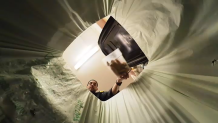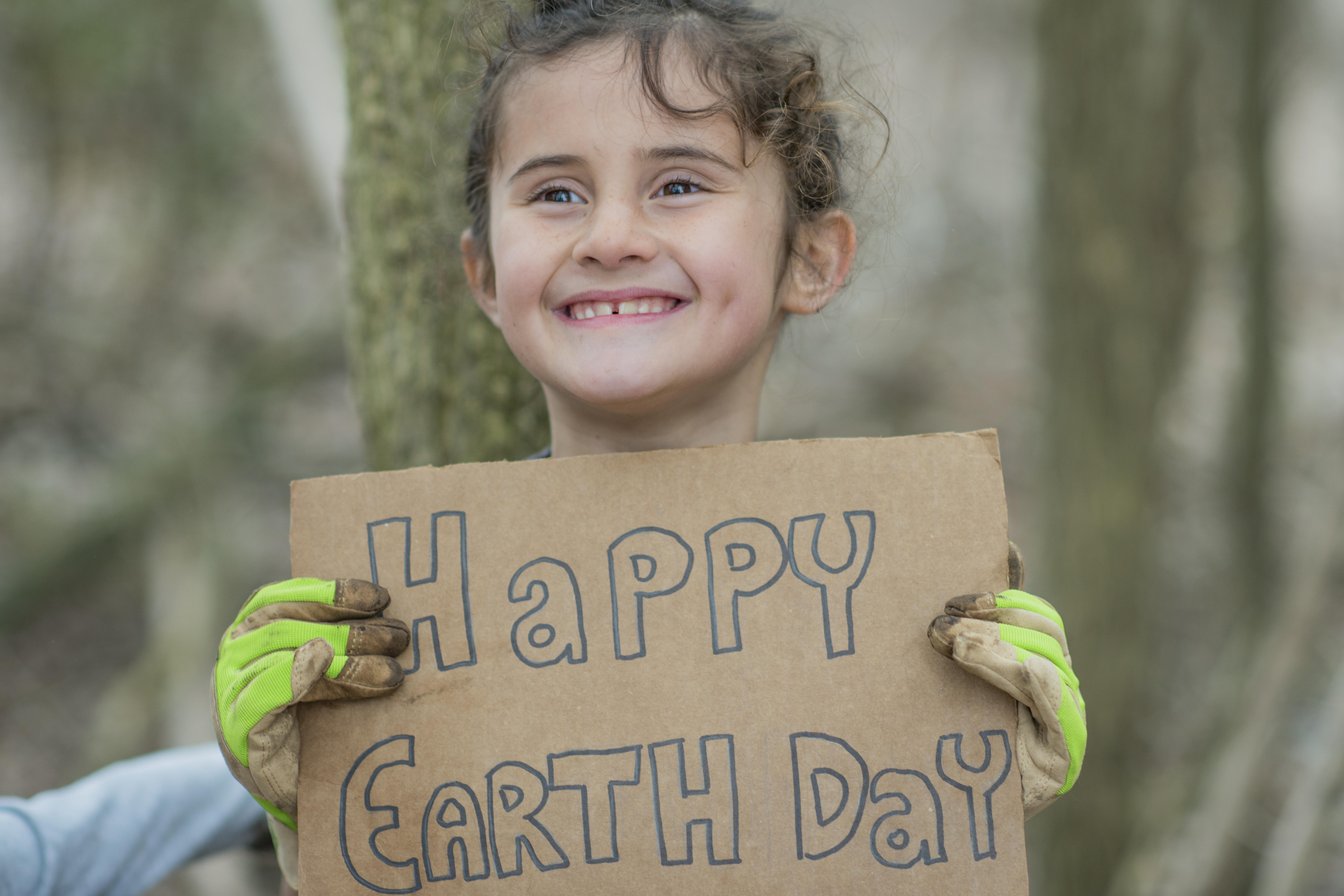An environmental project that took off during Earth Week in Melrose, Massachusetts, is here to stay thanks to a pair of students at Melrose High school who managed to get everyone, from students to staff, to pitch in.
The state-funded project pays for a composting company to collect the waste that the school sorts.
Kensie Ludlum and Maizie Frakt are sophomores at Melrose high who find it in their busy schedule to do what they think is right: making sure food scraps don't go to waste by sorting that food in a special bin.
"We only do it a couple days a week, so we're making sure that there's at least two volunteers that are standing next to it at all times," Frakt said.
Get Boston local news, weather forecasts, lifestyle and entertainment stories to your inbox. Sign up for NBC Boston’s newsletters.

Most of the volunteers belong to the Melrose High School Environmental Club and have taken the responsibilities of food collection at the school kitchen and cafeteria.
"This has been a multi-year, small-step project, and they've really taken it head on," noted environmental science teacher Suzanne Troy.
Working with Troy and the city's Department of Public Works, Frakt and Ludlum officially launched the school's first compost program last week. They want to reduce waste in landfills by turning discarded food into soil.
"We really want to get everyone to kind of learn more about composting and maybe inspire people to do it in their own homes," said Frakt.
Get updates on what's happening in Boston to your inbox. Sign up for our News Headlines newsletter.
That means teaching their classmates how to separate the organic material from the rest of the trash.
"It's pretty terrible what's happening to the environment," said Ludlum. "So we have to protect it as much as we can and the smallest things help."
But in order to get the trash to a compost site, the 14-year-olds reached out to the Melrose Department of Public Works' environmental outreach coordinator, Allison Beucler, for help. Beucler applied for funding from the Massachusetts Department of Environmental Protection, which issues points to cities and towns that implement programs like the one at Melrose High.
"The more that they implement in within the city, the more money you get," said Beucler. "The funding currently pays for the service that includes one pickup per week."
In return, the city hopes to save money by reducing the amount of waste that they collect.
"All the things that can get properly recycled reduces what we end up paying for trash," DPW Director Jim Troup said.
But the greatest reward for Ludlum and Frakt is in the possibilities down the road.
"It's great to know that we're starting something that could potentially grow to be really impactful and really big and we're raising awareness at the same time," Frakt said.



